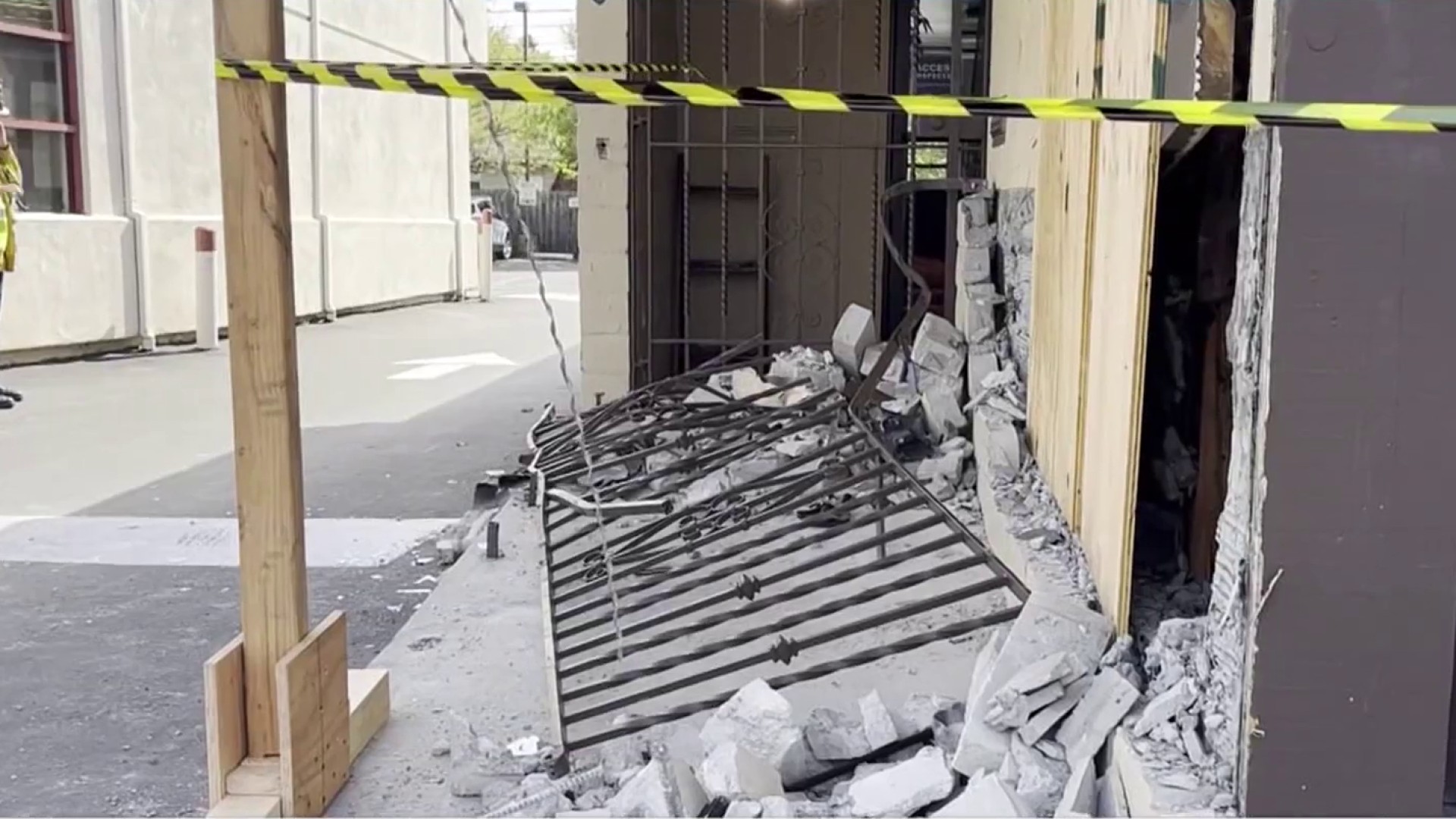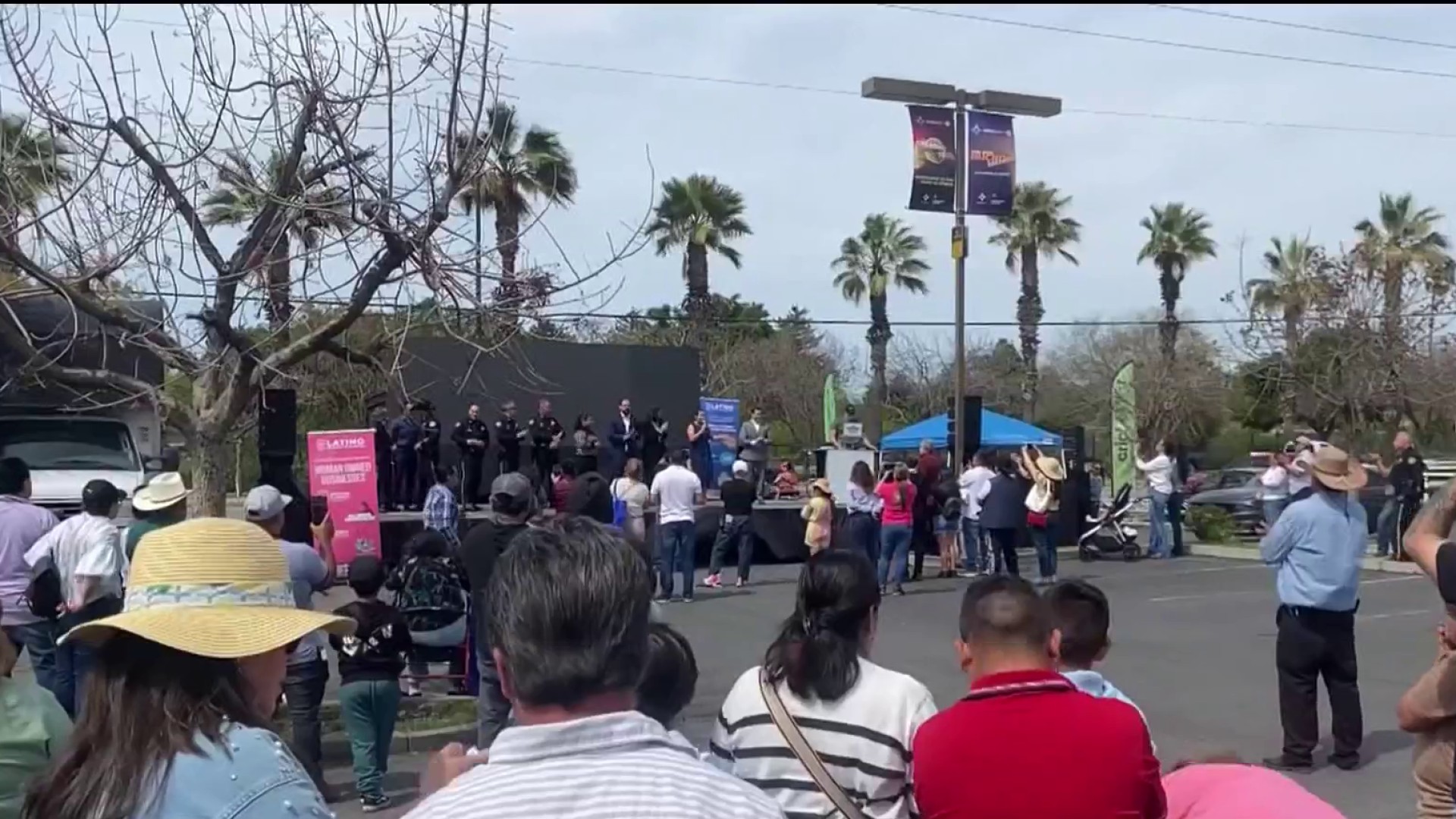In San Francisco, taxi drivers who are the subject of public complaints often face few consequences. Repeat offenders sometimes go unpunished and some drivers with lengthy traffic records are permitted to work and hold medallions. The results of a seven-month NBC Bay Area investigation show a regulatory system where some taxi drivers break rules and are held unaccountable. Elyce Kirchner…
In San Francisco, taxi drivers who are the subject of public complaints often face few consequences. Repeat offenders sometimes go unpunished and some drivers with lengthy traffic records are permitted to work and hold medallions. The results of a seven-month NBC Bay Area investigation show a regulatory system where some taxi drivers break rules and are held unaccountable.
“He took off, took a sharp turn, knocked me over and broke my left leg,” said Adam Ludwig in an interview with the NBC Bay Area Investigative Unit.
In the late hours of October 17, 2010 Ludwig hailed a Yellow Cab who stopped, but refused to drive him home. Adam said after breaking his leg, the driver “kept on going, right through a red light and everything.”
The longtime runner’s leg was shattered, eventually leaving him with a titanium rod running from his knee to his ankle. Ludwig sued Yellow Cab but the company claimed they couldn’t find the driver or even the car. A jury awarded Ludwig $415,000 in damages. The driver was never found or held responsible.
In a written statement, Yellow Cab maintained its innocence: “I have no doubt that Mr. Ludwig was injured by a ‘yellow cab’,” wrote Yellow Cab President Jim Gillespie, “but there are several “pirate” yellow cabs in SF in addition to all the ‘out of town’ yellow cabs that come into the City and are often ticketed by the SFPD or MTA for illegally picking up in SF.”

The San Francisco Municipal Transportation Agency (SFMTA) tests, permits and regulates taxis, but the Investigative Unit easily found drivers with questionable driving records. One SF taxi medallion holder was listed on the state of California’s sex offender registry.
Local
On a single day, the Investigative Unit rode in 13 different taxis and pulled the records of each driver. Only two drivers on that day had clean driving records. Across all drivers, the Investigative Unit found 46 driving violations ranging from lack of registration to running red lights.
One driver had racked up 9 violations over the past 18 months.
The Investigative Unit asked SFMTA how such a driver could remain permitted.
“I’d have to look into the specifics of the case,” said SFMTA’s Kate Toran, interim Director of Taxis and Accessible Services. “It’s hard for me to respond just without knowing all the information.”
The Investigative Unit discovered that SFMTA does not regularly pull drivers’ traffic records from the Department of Motor Vehicles. The agency checks a driver's record only once upon hiring and again if they apply for a medallion. After that, the agency is alerted for federal crimes and arrests, but is not made aware of traffic citations. In an email exchange, SFMTA says this is largely a technical problem and that the DMV's "notification system is not compatible with ours." SFMTA representative Paul Rose said a regular notification system should be in place by January.
The agency also collects public complaints and says it takes action accordingly.
Yet the Investigative Unit found that the SFMTA rarely takes significant action on complaints. Out of 311 public complaints the Investigative Unit reviewed, 60% resulted only in a notification to the driver. The SFMTA issued citations for only 2% of the complaints and suspended drivers less than 1% of the time.
Part of the problem is that it is largely up to the agency’s case-by-case discretion whether a driver is dangerous.
Toran said that taxi operators have to pass driving tests and “have to prior convictions of a crime that would, in the judgment of the SFMTA, present a risk to public safety.”
The Investigative Unit found one taxi medallion holder who was convicted of a felony after he arranged to meet a minor for sex. The SFMTA acknowledged that he exists but would not comment further. “Again,” said Toran, “everybody has due process.”
The Investigative Unit asked the driver himself how he got through the permitting process. “I was just honest with them,” he said.
SFMTA decided that he was not a public risk and allowed him to operate a taxi and become a medallion holder in San Francisco.
Whether the issue is a driver’s criminal past, or his dangerous driving habits, it appears that the system allows some San Francisco taxi drivers to avoid accountability.
The SFMTA acknowledged that consumer complaints rarely result in real consequences for taxi drivers.
“I will certainly look into this and see if we have taken appropriate action,” said Toran. “I feel going forward then that’s what we can focus on.”
SFMTA urges riders to file a public complaint if they have a problem with a taxi company or a driver. A complaint can be corroborated by a taxi’s in-car camera, but the recordings are kept for only 72-hours.



